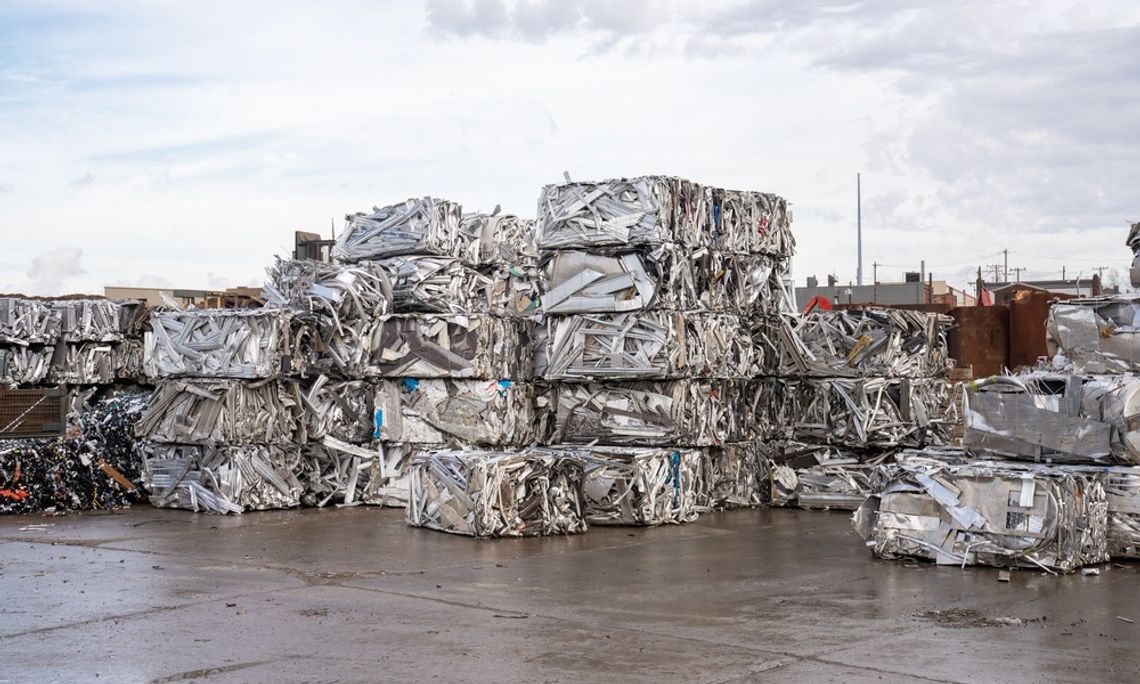Industrial waste doesn't have to end up in landfills. Smart businesses are discovering that yesterday's byproducts can become tomorrow's breakthrough solutions. Repurposing industrial waste for eco-friendly solutions reduces environmental impact while creating new revenue streams and cost savings. Here are five proven strategies that forward-thinking companies are using to turn waste into wealth.
Transforming Industrial Byproducts Into Construction Materials
Manufacturing residues are finding new life in the construction industry through innovative processing techniques. Fly ash from coal combustion enhances the strength of concrete while reducing the need for cement. Steel slag becomes aggregate for road construction, and sawdust transforms into composite building materials.
These applications divert massive volumes from landfills while creating durable, cost-effective construction solutions that meet industry standards.
Creative Solutions for Reusing Industrial Packaging Materials
Industrial packaging often outlasts its first application, becoming a valuable resource for innovative reuse. Pallets, drums, and crates can be repurposed as storage systems, furniture, or modular workspaces.
Many businesses are also discovering new uses for used intermediate bulk containers. By viewing packaging as raw material instead of waste, businesses save on disposal costs while creating sustainable solutions.
Turning Food Waste Into Renewable Energy
Food processing industries generate substantial organic waste that can power operations through anaerobic digestion systems.
This process converts vegetable scraps, fruit peels, and production residues into biogas for heating and electricity generation. The remaining digestate becomes nutrient-rich fertilizer, creating a circular system that eliminates waste disposal costs while generating clean energy and valuable soil amendments.
Recycling Metals and Plastics for New Applications
Metal and plastic waste streams offer exceptional value when we properly sort and process them. Advanced sorting technologies can identify specific grades and compositions, enabling the precise recycling of materials into high-quality products.
Automotive manufacturers regularly use recycled aluminum and steel, while plastic waste becomes everything from park benches to athletic wear.
Harnessing Waste Heat for Energy Efficiency
Industrial processes generate enormous amounts of waste heat that often goes unused. Heat recovery systems capture this energy to warm facilities, power steam turbines, or heat water systems.
Industries that implement waste heat recovery systems typically achieve energy cost reductions while also decreasing their carbon footprint.
Smart waste management transforms environmental challenges into business opportunities. By repurposing industrial waste for eco-friendly solutions, your company can reduce costs, meet sustainability goals, and discover new markets. Start by auditing your waste streams and exploring partnerships with organizations that specialize in innovative recycling solutions.


Comment
Comments